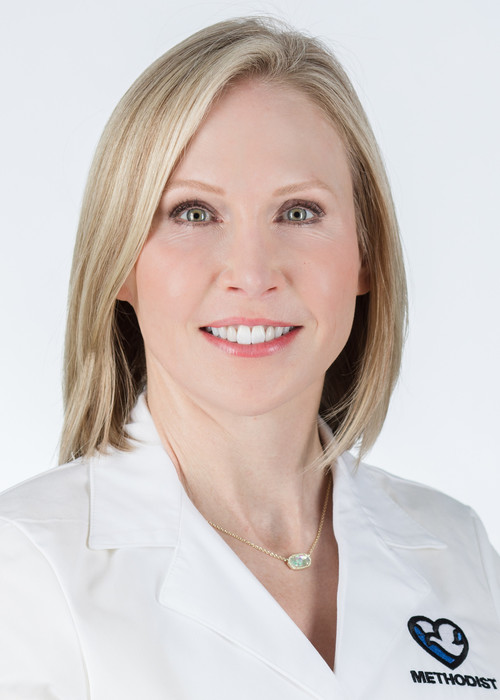





Healthy Lifestyle
Losing the ‘COVID 15’ Weight You Gained
Published: Feb. 10, 2021

An unintended consequence of the COVID-19 pandemic for millions of Americans has been the “COVID 15” – noticeable weight gain over the past year. I’ve seen the trend among my own patients, and you don’t have to be a health expert to know why it’s happening. While I believe everyone should be kind to themselves this year, you should also be mindful that gradual weight gain can hurt your health.
If you’ve noticed that the number on the scale has crept up or your body just doesn’t feel the same since you quit going to the gym, it’s a great time to check in with yourself and consider incorporating some healthier habits into your pandemic lifestyle.
What Weight Gain Does to Your Body
Those extra pounds you gained this year might be impacting your health, especially if you weren’t at a healthy weight to begin with. Gradual weight gain can:
- Raise blood pressure and cholesterol
- Raise blood sugars and increase the risk of Type 2 diabetes
- Increase the risk of coronary artery disease and stroke
- Cause sleep apnea and other breathing problems
- Increase arthritis pain
- Cause mental health issues
But the great news is that moderate weight loss – even five to seven pounds – can have a major impact on blood sugars, blood pressure and cholesterol. A weight loss like that can be obtained by addressing the cause behind your gain and making realistic lifestyle changes.

Why You Gained Weight
Asking yourself why you gained weight this year can help you uncover the steps you need to take to get back to healthier habits. Reasons you might have gained weight include:
- Emotional stress and anxiety
- Loss of sleep
- Disruption of routine
- Loss of access to the gym or workout classes
- Financial reasons
Maybe you struggled to find an alternative to the in-person Zumba classes you loved so much, and online classes didn’t offer the same sense of community. Maybe you’ve been working from home and started snacking at times of the day you never did before. Or maybe you were anxious or stressed, and food became one of your few pleasures.
Overdoing it on sourdough probably isn’t the only reason you gained weight. And once you know why you gained, you can address the problem beyond the scale.
Making Changes
Do you have a better idea of why you gained weight this year? Now it’s time to find solutions and see where you can incorporate healthy habits. Easier said than done, right? The pandemic is still happening; your kids are still shifting between in-person and remote learning; you either are still working from home, or you’re dealing with the anxiety of being an essential worker who can’t; or you still don’t feel comfortable going to the gym or your favorite yoga class.
Focus on areas of your life you can control to help you make realistic adjustments. Some ideas:
- Find a nutrition plan that incorporates lots of veggies and avoids simple sugars.
- Track your food in an app or a journal.
- Fill your pantry and fridge with protein-packed snacks and breakfast options.
- Find workouts on apps or YouTube. There are countless free options, but there are also subscription services that offer live instruction if you’re missing that connection and extra motivation.
- Incorporate more movement into your day, especially if you’re working from home. Build in breaks to take short walks or do some light stretching.
- Decrease alcohol consumption, especially if you’ve found yourself drinking more during the pandemic. Limiting alcohol comes with many health benefits, including weight loss and better sleep.
I want all my patients to know: You’re not alone in this battle. Methodist Physicians Clinic is here to help you with all of these issues – whether it’s helping to manage emotional stressors or identifying creative sources of physical activity. Schedule your annual wellness check, especially if you delayed it because of the pandemic. Your primary care provider can help you set health goals and refer you to nutritional services or a mental health professional should you need additional help.
More Resources
- Meet our primary care providers and find a health partner who can meet your unique needs.
- Learn how to fight the COVID-19 winter blues.
- Get answers to your frequently asked questions about the COVID-19 vaccine.


